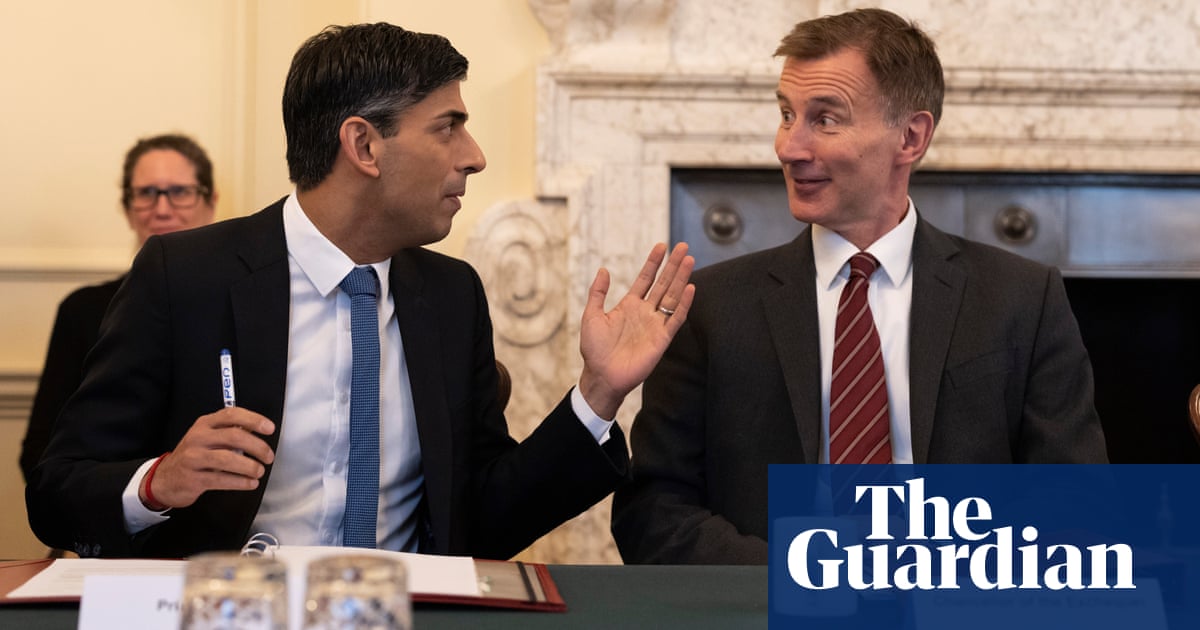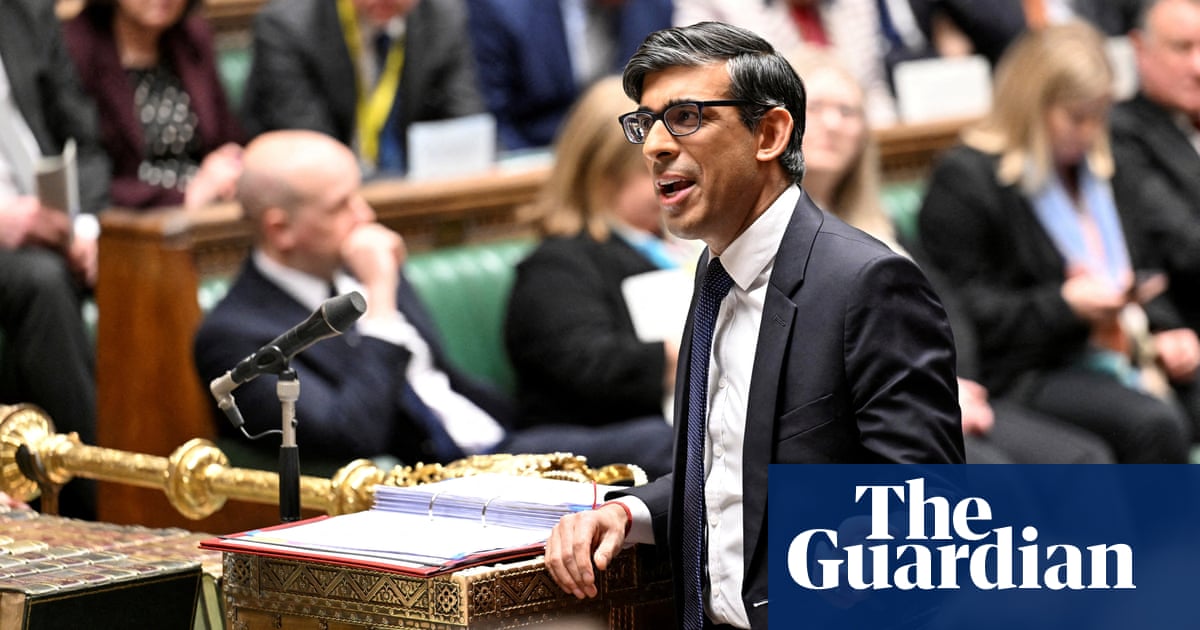
A cabinet minister has warned the Treasury against increasing taxes to tackle a gap in public finances hit by coronavirus, bringing into the open apparent tension within government over the issue before this autumn’s budget.
After several days of reports about apparent plans to raise more money from corporation tax, pension relief, fuel duty and other levies generating an angry response from some Conservative MPs, the work and pensions secretary, Thérèse Coffey, called instead for tax cuts.
While saying she could not comment directly on the plans of the chancellor, Rishi Sunak, Coffey told Times Radio that reductions in tax would be more likely to bring in an increased amount of money.
“In the past, when we have actually cut tax rates, we have seen taxes increase,” she said. “Tax rates are a very dynamic situation, and we need to make sure the chancellor has the best opportunities when he announces to the country.
“In the past, when some people might assume the only way to get tax up is to increase tax rates, actually, we have shown in our economic history the opposite.”
The comments show the scale of the task facing the Treasury if it does not raise any taxes to make up for a shortfall caused by the economic slump during the Covid-19 pandemic, with the government publicly committed to maintaining spending levels and a heavy programme of investment in infrastructure.
The Sunday Telegraph cited Treasury sources, reporting that capital gains tax could be increased to align with income tax, as well as possible changes to pension tax relief and inheritance tax.
According to a report in the Sunday Times, another move could be to increase corporation tax from its current level of 19%, which is one of the lowest among leading economies, to 24%. This provoked immediate concern from business groups.
Subsequently, the Sun reported that another measure could be to add 5p to fuel duty, bringing condemnation from Tory MPs, a number of whom support campaigns that agitate against any increase in petrol prices.
It remains unclear who has been briefing on the plans, with Treasury sources insisting much of the reporting is incorrect. This has prompted speculation that opponents of Sunak, who has emerged from the Covid crisis as a mooted future rival to Boris Johnson, have been trying to undermine his position.
Coffey’s intervention underlines the political jeopardy facing the chancellor as he tries to established some order over the public finances, with the government having borrowed more than £150bn in the first four months of the current financial year.
Sunak’s options are further limited by the 2019 Conservative manifesto, which guaranteed no increases in the rates of income tax, national insurance and VAT for the whole of this parliament.












